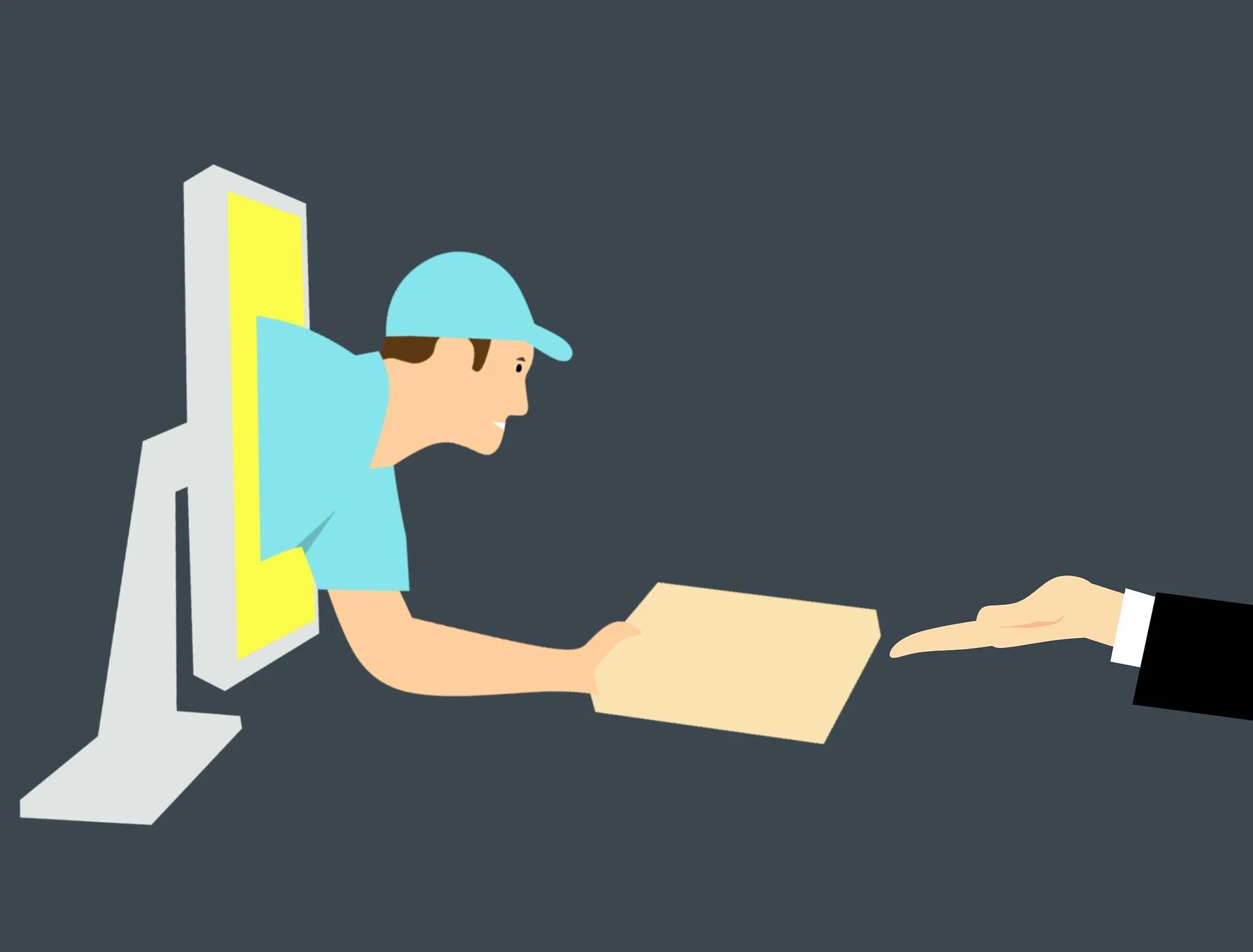The VAT MOSS scheme


On 31st December 2020, the Brexit transition period ended and the rules around importing and exporting goods and services to the EU changed. Find out more about the VAT MOSS scheme.
On the 31st of July 2021, there will be change again for businesses making supplies of goods and services to the EU.
Below we will explore the current rules and regulations as well as detail the changes.
Prior to Brexit VAT on services supplied to non-VAT registered customers is typically taxed in the country of supply rather than destination. However, there are several exceptions that result in tax being applied in the destination country, i.e. the country where the customer is established.
In 2015 telecommunications, broadcasting and electronic services (TBEs) were added to the list of exceptions and the VAT MOSS scheme was simultaneously set up meaning that the VAT on all services that fell within the scope of TBE services could be accounted for using the VAT MOSS system.
VAT MOSS (mini one-stop shop) was set up specifically for suppliers of TBE services and at the time meant that a business making supplies to the EU could fulfil its VAT obligations through a single VAT MOSS registration & quarterly return.
It meant that businesses did not have to register for VAT in every EU territory it sold to but instead could register for VAT MOSS, submit a return to their own tax authority, pay the VAT owed to the tax authority, who would then distribute it to the relevant EU territory.
For example, a UK company selling to France, Germany and Denmark would not have to register for VAT in those territories but instead would register for VAT MOSS, charge the French, German and Danish rates of VAT at the point of sale but only have to submit one VAT return every quarter to HMRC. Thus the friction that could be caused by selling overseas was minimised.
The VAT MOSS scheme offered was a €10,000 threshold whereby if companies sold below the threshold they could charge VAT at the prevailing rate in their country (the seller’s country).
This threshold is applied for TBE services only and only for Union Members. Only when a Union member went over the threshold were they compelled to register for VAT MOSS.
A non-EU member can choose which EU country it registers for Non-Union VAT MOSS in. For instance, a Chinese company selling digital downloads to non-VAT registered EU consumers in one or more EU member states might choose to register for VAT MOSS in France, Germany, Belgium etc.
After July 2021 VAT MOSS will be expanded to cover all cross-border B2C sales of services to consumers in the EU not just digital services.
The place of supply rules will remain unchanged and will for the most part follow the destination rules.
In addition, the acronym MOSS standing for Mini One Stop Shop will now be referred to as simply ‘OSS’ the One Stop Shop. It will still operate a Union and Non-Union scheme.
The only real difference is that in a post-Brexit world UK businesses needing to join will be joining the Non-Union OSS scheme and having to do so via another EU member state.
Prior to Brexit, the intra-community sale of physical goods was classified as ‘Distance Selling’ and each individual EU member state has their own distance selling threshold.
Only if a company traded above the threshold would they be compelled to register for VAT in that particular EU country, and then submit returns and pay VAT to the tax authority. Sales below the threshold would be taxable in the country of the seller.
The first major change is that the distance selling thresholds that have previously applied to UK businesses are abolished. This means all distance sales will be subject to VAT in the customer’s country/destination country.
To facilitate the administration of this change EU businesses will be able to report intra-community sales via the new OSS scheme as described above.
Non-Union businesses selling physical goods to the EU will also be able to make use of the Union OSS scheme For the purposes of distance selling.
If you’re a non-EU business (with no fixed EU establishment) but have goods in the EU that are then distributed to EU member states you will need to use the Union OSS scheme to report sales in this country and the VAT charged.
Goods imported into the EU are subject to VAT which is paid by the importer of record with the exception of Low Value Carriage Relief (LVCR). Low-value carriage is considered anything less than €22.
If you’re looking for an accountant to help you navigate all of the above, please get in touch with our team.